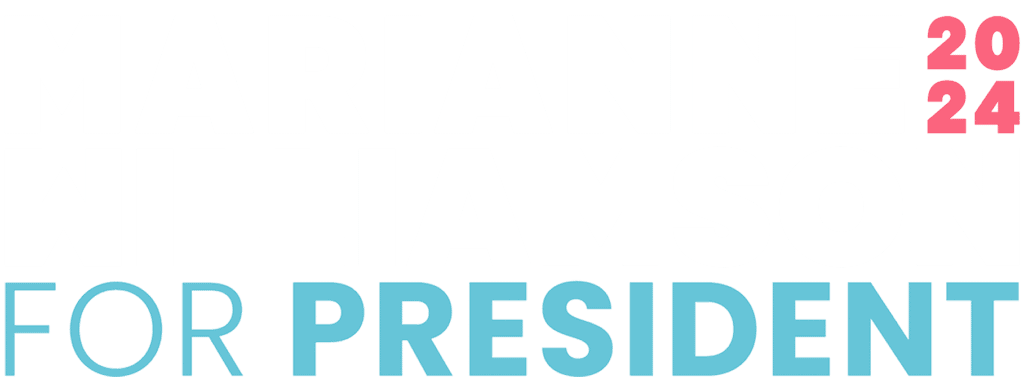Whole-Person Educational Systems
Focused on Social and Emotional Learning
The U.S. must implement a “Whole Student Educational System” focused not only on a student’s intellectual performance and growth but also on developing a student’s cultural, emotional, and psychological well-being. This is necessary to develop a complete student and one that is truly prepared to become a productive member of our society. In a time of rampant bullying and school violence, including the horrors of school shootings, we need to directly meet the needs of this moment in far more fundamental ways.
We need a whole-person educational system in America that works to expand not only a student’s intellectual horizons but also her cultural, emotional, psychological and spiritual ones.
All of us face conflict and many of us a whole range of psychological challenges throughout our lives. Schools are rife with conflict, bullying, truancy, fighting, etc. Many school environments are traumatic in and of themselves. Suicide levels among our youth are at all time highs.
There are millions of American children who live with chronic emotional trauma and even PTSD from their homes, communities, and public school settings. This reality leaves far too many students unable to perform and achieve academic success. A wrap-around approach is necessary to develop a whole, well-rounded, and thriving student, which ultimately leads to a positive and productive adult in our society.
We need to implement proven strategies to make safer and more loving environments in schools, and to help our kids develop the skills to better navigate life.
As we better train and support our children in these ways, imagine what America would look like in even a generation. Imagine if all our kids learned basic skills of conflict mitigation, how to better regulate emotions and feelings, how to get along. We’d see less conflict and better outcomes across the board.
School systems must take into account trauma-informed awareness and resources, with particular focus on Adverse Childhood Experiences (ACE’s). They must also fully embrace diversity education so that all children feel safe and welcomed.
- Social and Emotional Learning: Offer a far more expansive array of educational approaches, including social and emotional learning (SEL). SEL teaches self awareness, empathy, conflict resolution, impulse control, motivation and social skills. It is the process through which children (and adults) acquire and effectively apply the knowledge, attitudes and skills necessary to understand and manage emotions, set and achieve positive goals, feel and show empathy for others, establish and maintain positive relationships, and make responsible decisions. SEL programming is based on the understanding that the best learning emerges in the context of supportive relationships that make learning challenging, engaging and meaningful.
- Communication Skills: Conflict Resolution Education Curriculum is a key modality. Teachers, staff and administrators are trained to integrate conflict resolution and management as a life skill into existing curricula and to facilitate positive change within the school community by aligning school mission statements, disciplinary procedures, and team-building efforts with conflict resolution concepts and theories.
- Restorative Circles and Dialogue: Restorative circles are often daily structured communication processes where kids sit in a circle and face each other to communicate directly. This can provide a safer space for youth to share life experiences and stories. They can talk about sensitive topics, work through differences, and build consensus. This work can help build a sense of connectedness and ease isolation and loneliness as well as has the potential to resolve large scale, systemic issues.
- Restorative Justice: When an offense has taken place on school grounds involving one or more persons conflict does emerge, Restorative Justice processes with a trained facilitator have proven to dramatically reduce recurrence of problems. All parties impacted by that situation come together and each is pre-interviewed. It is essential that the “offender” is willing to take responsibility and make things better. Victims must agree as well. Both victim and offender are invited to bring support people with them. Schools who implement such programs have seen up to 65% reduction in violence and disorderly conduct.
- Mindfulness and Meditation: Mindfulness and/or meditation practices offer a simple but powerful technique to focus attention, manage emotions, handle stress, and resolve conflicts. This allows youth to make wiser decisions in the heat of the moment, rather than only in retrospect – and can provide a much more positive school environment.
- Nutrition and Exercise: Fund programs in all our educational systems, Pre-K through college, designed to teach nutrition, movement and other related lifestyle skills to help cultivate long-term health.
- Mental Health Support: Guarantee every public school has a well-trained and adequate number of trained Counselors.
- and the fostering of other life skills to help prepare children for a meaningful life.
There are also millions of American children who live with chronic emotional trauma in their homes and communities, leaving them unable to achieve the highest possibilities of education, even when it is offered to them. That is why trauma-informed education combined with social wrap-around services are necessary.

